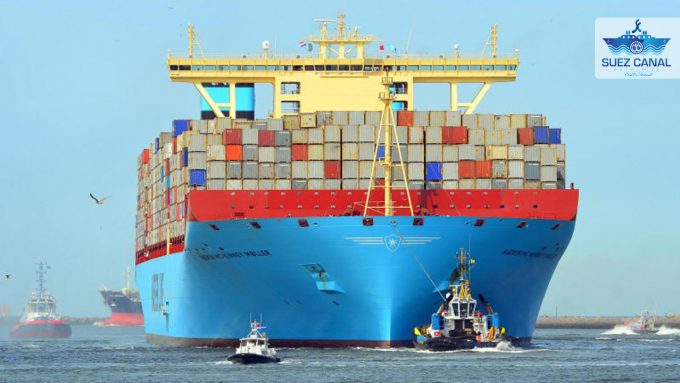Red Sea crisis forces Maersk to increase capacity over strategy limit
Maersk Line appears to have temporarily abandoned its strategy of maintaining capacity at no more ...

Container spot rates are falling fast on all export routes from China in what should normally be the peak season for demand.
According to today’s reading of the Ningbo Containerized Freight Index (NCFI), all 21 of the routes it covers were trending in the red.
In particular, the NCFI commentary noted, the North Europe and Mediterranean routes were “over-supplied” and demand for transpacific services was “in the doldrums”.
Alongside headlines of another tranche of record eye-watering quarterly profits posted by ocean carriers this ...
Volcanic disruption at Anchorage could hit transpacific airfreight operations
Macron calls for ‘suspension’ – CMA CGM's $20bn US investment in doubt
Forwarders stay cool as US 'liberation day' tariffs threaten 'global trade war'
De minimis exemption on shipments from China to the US will end in May
Shippers snap up airfreight capacity to US ahead of tariff deadline
Tighter EU import requirements proving 'a challenge' for forwarders
Looming Trump tariffs will create 'a bureaucratic monster' for Customs

Comment on this article